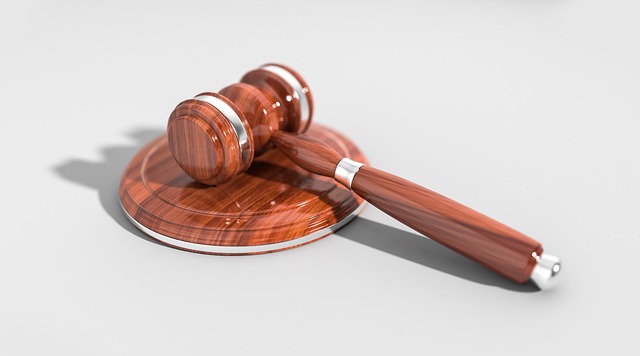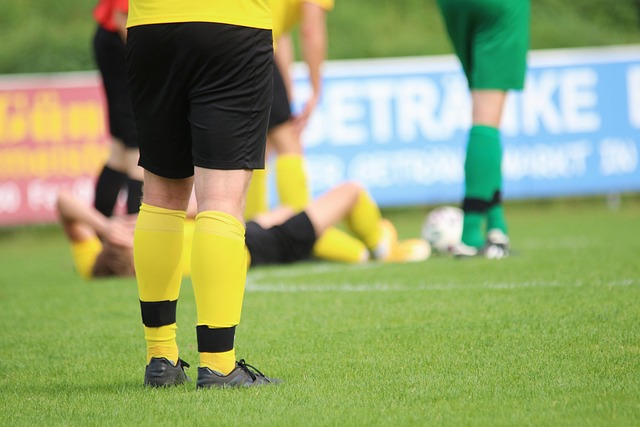Injury mediation is a collaborative dispute resolution process that promotes open dialogue, understanding, and creative problem-solving in personal injury, property damage, and wrongful death cases. By avoiding court, it reduces legal costs, emotional strain, and preserves relationships. Effective communication and active listening are key, with mediators guiding parties towards common ground, compromise, and mutually agreeable outcomes tailored to individual needs—a strategic approach proven successful in various scenarios from truck accidents to employment disputes and elder law.
“Unwinding intricate injury mediation sessions yields profound outcomes, transforming disputes into harmonious resolutions. This article explores the multifaceted benefits of successful mediations, focusing on effective communication and common ground strategies for dispute resolution. We delve into how this process reduces legal costs and timelines, providing a cost-effective alternative to traditional litigation. Furthermore, we emphasize the power of empathy and understanding fostered through mediation, particularly in complex cases, showcasing its long-term positive impacts on relationships.”
- Resolving Disputes and Achieving Mutual Agreement
- – The role of effective communication in reaching a settlement
- – Strategies for finding common ground and compromising
Resolving Disputes and Achieving Mutual Agreement

Successful injury mediation sessions often result in resolved disputes and mutual agreement between all parties involved. This collaborative approach allows for a more efficient and effective resolution compared to traditional litigation methods. During mediation, each party has an opportunity to express their concerns and perspectives openly while also listening to those of others. This dialogue fosters understanding and can lead to creative solutions that address the underlying issues.
Injury mediation is particularly beneficial in personal injury claims and property damage cases, including wrongful death scenarios. By reaching a mutual agreement outside of court, individuals can avoid lengthy legal battles, reduce financial burdens associated with litigation, and preserve relationships. The process empowers participants to take control of the outcome, ensuring a result that aligns more closely with their individual needs and priorities.
– The role of effective communication in reaching a settlement

Successful injury mediation sessions often hinge on one crucial element: effective communication. This involves both parties openly sharing their perspectives, concerns, and expectations while actively listening to each other’s viewpoints. Skilled mediators facilitate this process by ensuring every party feels heard and understood, fostering an environment conducive to mutual agreement. Effective communication breaks down barriers, helps identify underlying interests, and paves the way for creative solutions that address the root causes of the dispute, whether it’s a truck accident lawyer negotiating with insurance companies or resolving medical malpractice claims.
In cases like partnership disagreements, where trust and transparency are vital, effective communication becomes even more critical. It encourages collaborative problem-solving, allowing all parties to work together towards a resolution that meets their individual and collective needs. By focusing on clear, respectful, and honest dialogue, mediation can yield outcomes that not only resolve immediate conflicts but also strengthen relationships for future partnerships.
– Strategies for finding common ground and compromising

Successful injury mediation sessions often result from a strategic approach that focuses on finding common ground and facilitating compromise. Mediators play a crucial role in guiding parties toward mutual understanding by encouraging open communication and actively listening to each other’s perspectives. This process involves identifying shared interests and underlying needs, which can bridge the gap between opposing views. For instance, in employment disputes or real estate transactions gone awry, where emotions run high, mediators help de-escalate tensions and promote a collaborative atmosphere.
By employing various techniques, such as reframing issues, offering options, and exploring creative solutions, mediators enable parties to move beyond their initial positions. This is particularly valuable in elder law cases, where family dynamics can be complex. Through these strategies, participants learn to compromise, finding resolutions that meet the needs of all involved while ensuring fairness and satisfaction.
Successful injury mediation sessions often result in mutually beneficial outcomes, resolving disputes and fostering cooperative relationships. Through open communication and strategic compromise, parties can find common ground, leading to agreements that meet the needs of all involved. This approach not only facilitates a swift resolution but also promotes a positive and collaborative atmosphere, which is particularly beneficial in personal injury cases where relationships between claimants, defendants, and their legal teams must remain intact for future interactions. By prioritizing understanding and mutual respect, injury mediation sets the stage for long-lasting peace and minimizes the potential for further conflict.






